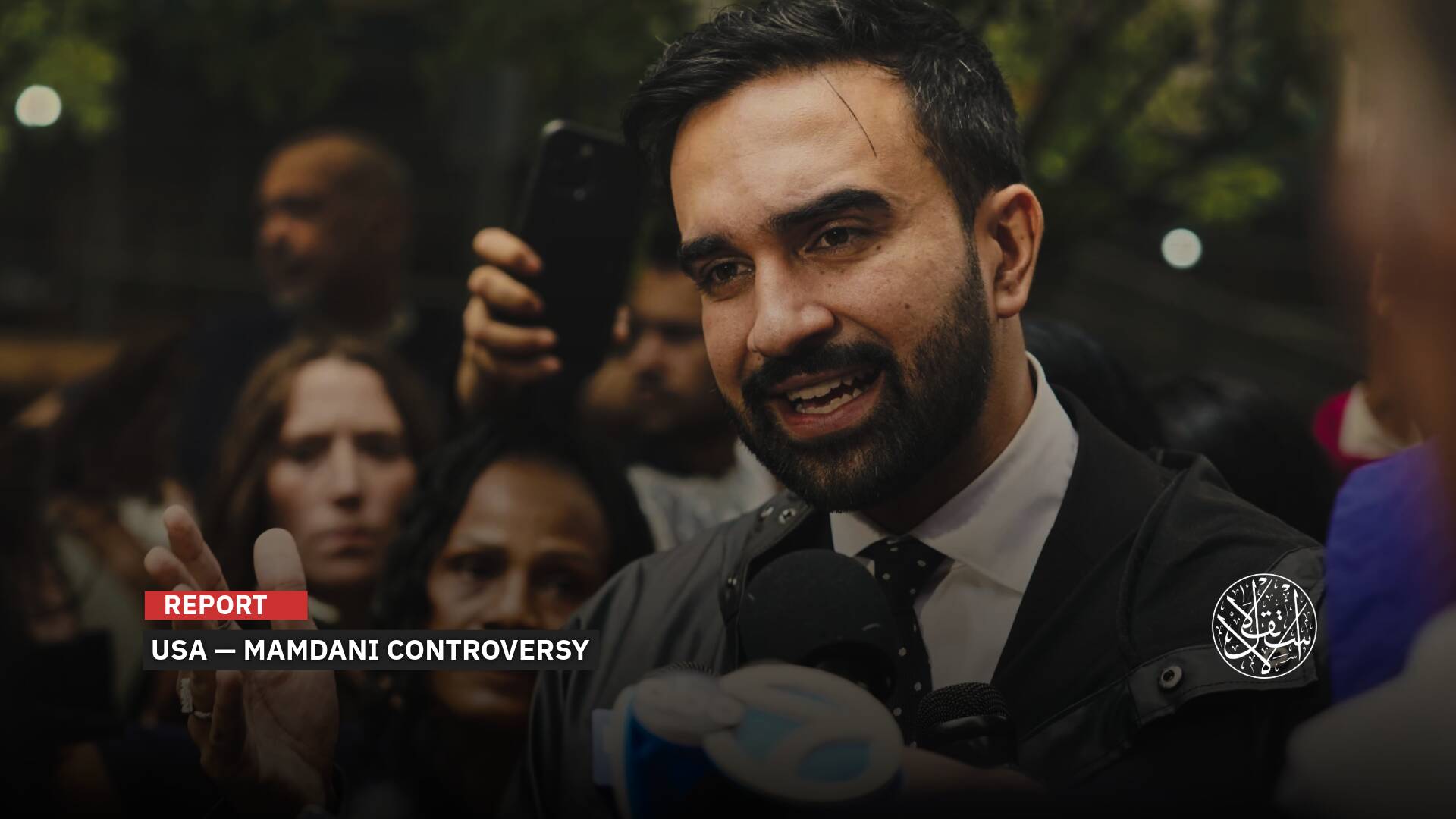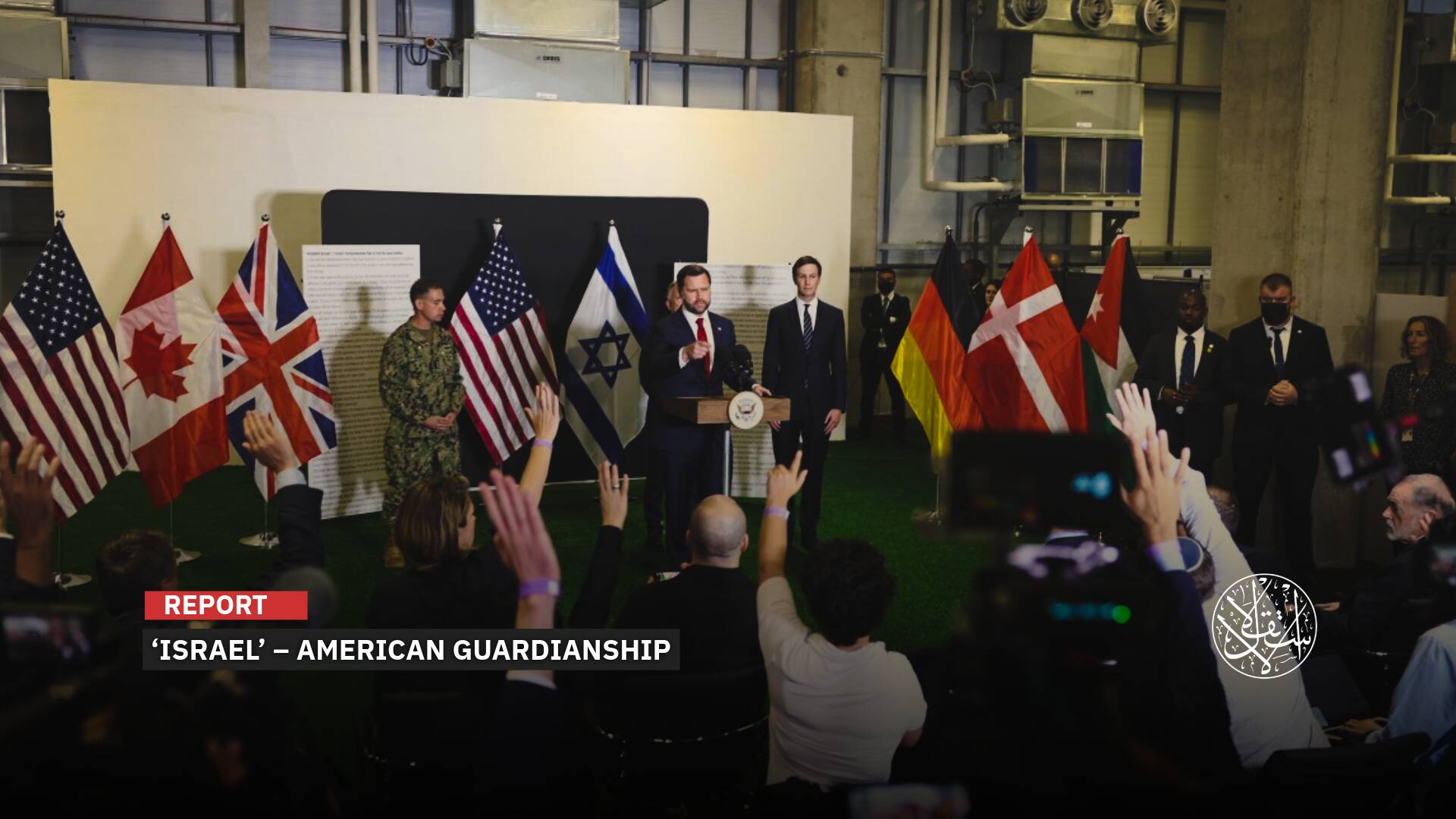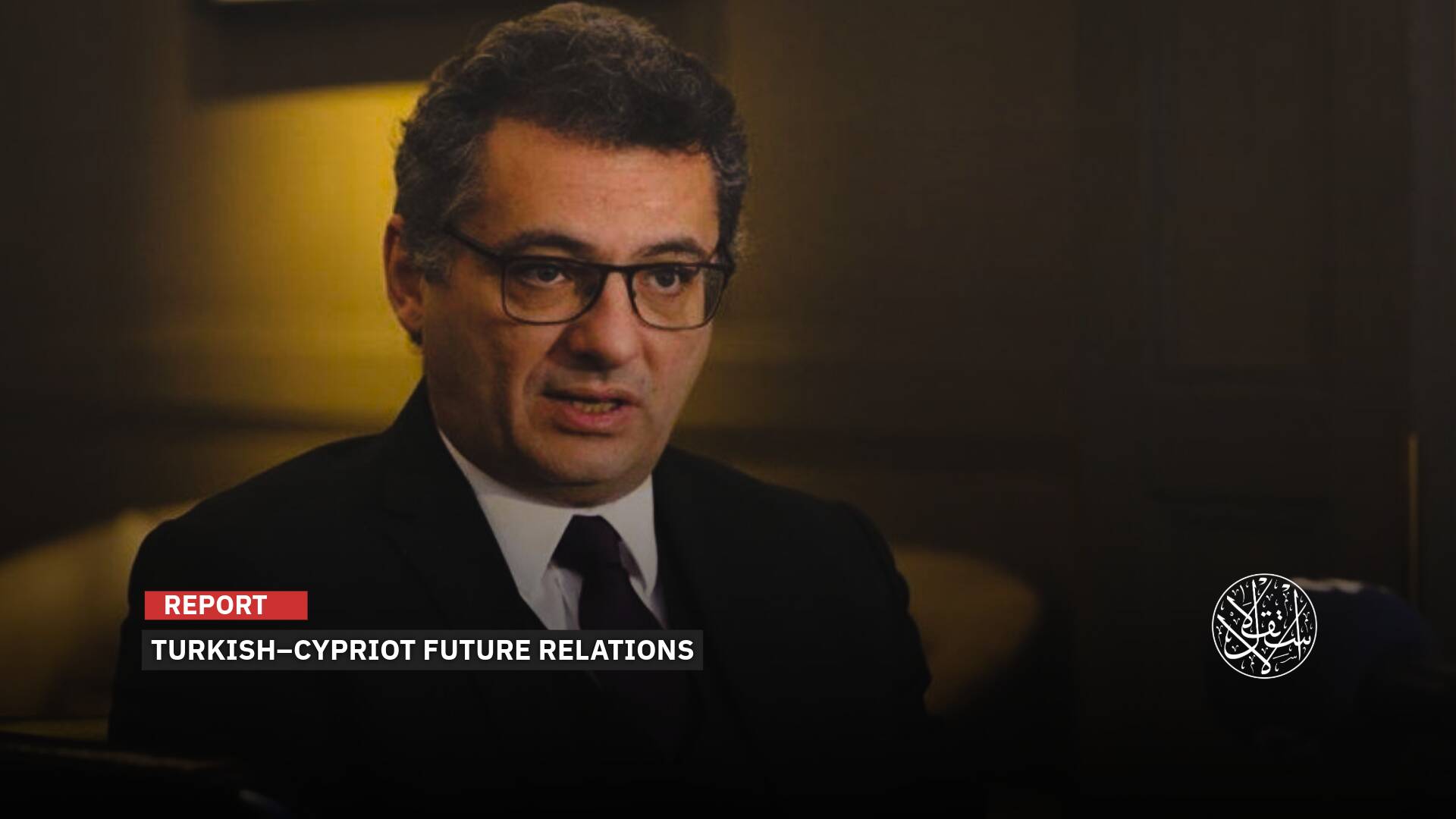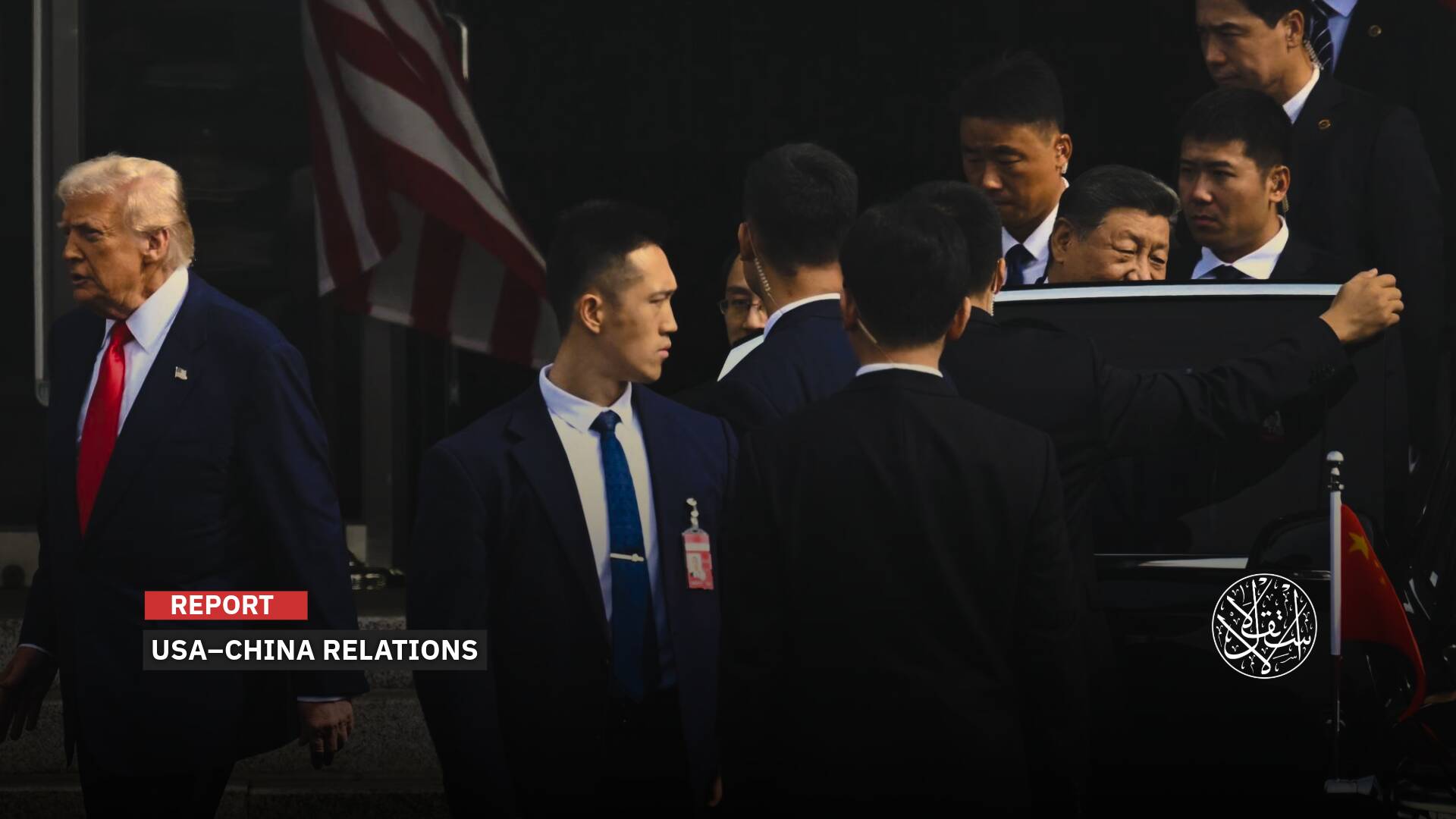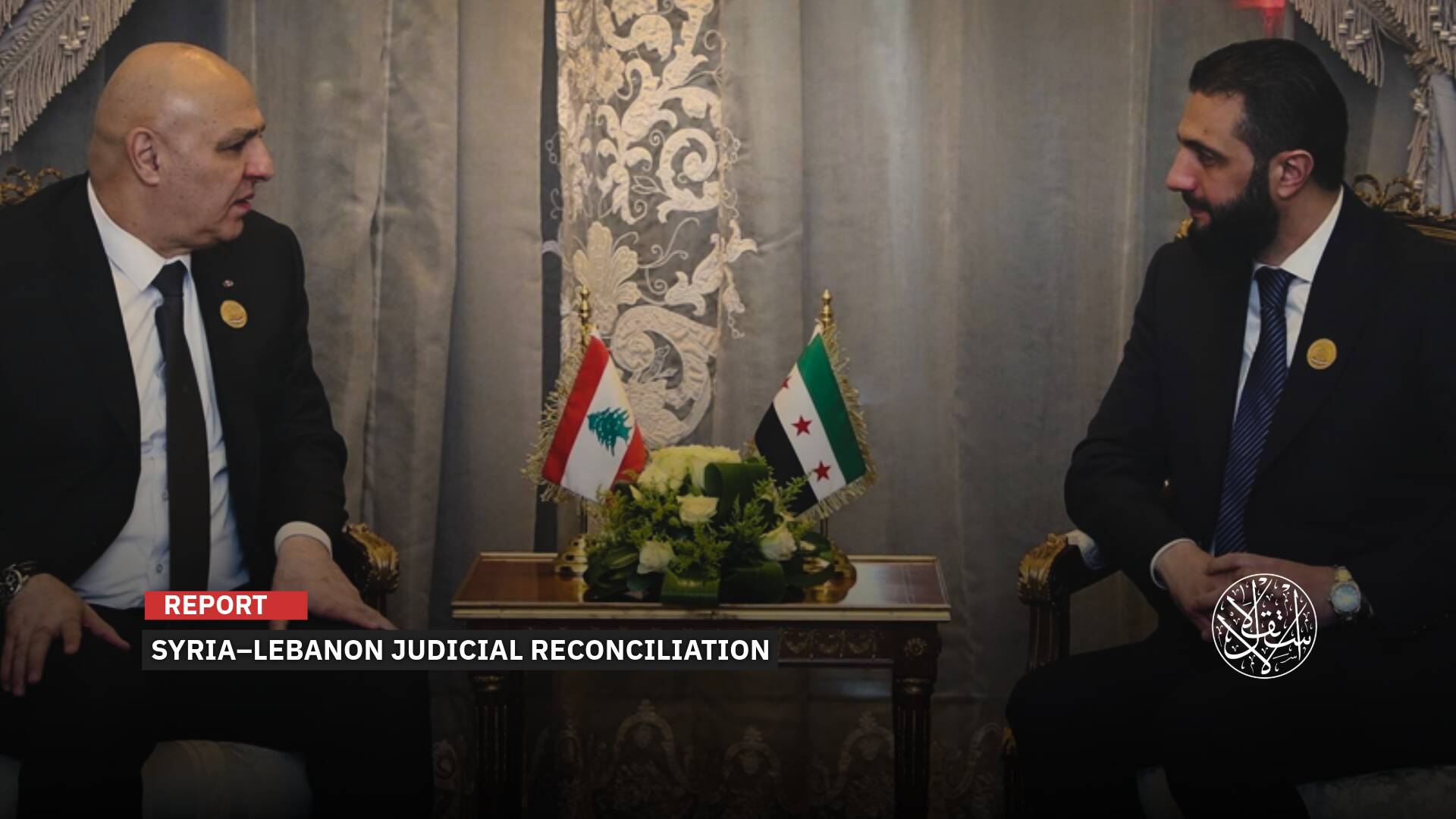Against Promotion of Nudity and Homosexuality: Rules Adopted by Singapore to Protect the Natural Family’s Structure

Singapore authorities announced restrictions on licensing the local edition of the fashion magazine Vogue due to its publication of nude photos and its promotion of homosexual families.
Singapore has strict rules to limit LGBT-related content in the press. Thus, magazines are prohibited from promoting "alternative lifestyles," which are defined as deviating from the concept of a Natural family.
The rules also prohibit the publication of nude photographs, including the depiction of semi-naked models covering their chest or genitals area with their hands.
Singapore's Ministry of Communications and Information said in a statement that it had issued a stern warning to Vogue and revoked its one-year publication license. Vogue applied for a new permit, which was granted for only six months.
The ministry considered that the monthly magazine violated the content guidelines of local entertainment magazines four times in the past two years, with regard to nudity and content that promotes non-traditional families, without specifying the content in question.

Offensive Content
This is the first time that the authorities have reduced the duration of one of these permits since 2014 when it penalized a local art magazine for content that is offensive to religious sentiments or defamatory.
Condé Nast Group launched the Singaporean version of Vogue two years ago, with a monthly print and website. Vogue declared, through its online version, that it aims to drive change that may last forever through thought-provoking content.
Over the past few months, the magazine has published articles on LGBT-related topics, photos of semi-naked women, and interviews with prominent Singaporean activists.
In August, the Singapore government announced plans to decriminalize same-sex relations. But Prime Minister Lee Hsien Loong also said the city-state would change its constitution to protect the institution of marriage, defined as the union between a man and a woman.
Law minister K Shanmugam pointed out in an interview with state media that Singapore's Parliament, rather than the courts, would hold the authority to define marriage. The aim of this point is to make it harder for people to legally challenge the government's policies, as several members of the LGBTQ community have attempted in recent years.

Sensitive and Controversial
The idea of protecting the family structure resonated well with some conservative and religious groups.
"We are heartened that the government has indicated they will be taking steps to protect the prevailing norms and values of the Singaporean society on the issue of marriage," said Bishop Titus Chung in a statement issued on behalf of the Diocese of Singapore.
The National Churches Council, made up of several local churches and Christian organizations, said that its members "further appreciated the government's assurance that it would uphold and safeguard the institution of marriage."
CNN reported that the move is aimed at reaching a compromise with conservative segments of society that remain staunchly opposed to same-sex marriage.
Christianity is the third most popular religion in Singapore after Buddhism and Taoism, covering nearly one in five Singaporeans, according to the 2020 census.
Meanwhile, the city-state is home to several huge evangelical churches that preach against homosexuality.
In his speech, Lee Hsien Loong noted that gay rights remain a "very sensitive and controversial" issue for the country's conservatives.
"What we are seeking is a political settlement that balances the legitimate opinions and aspirations of Singaporeans," he said. "But everyone has to accept that no (one) group can do things their way," he added.
The Catholic Church in Singapore also welcomed the government's move. Meanwhile, activists expressed disappointment.
"Any move by the government to introduce further legislation or constitutional amendments that point to LGBT people as unequal citizens is disappointing," more than 20 activist groups said in a joint statement.

Conservative Values
A study realized in February 2021 showed that Singaporeans remain largely conservative on issues such as homosexuality, abortion, casual sex, and prostitution. Yet, they seem more accepting of divorce, euthanasia, and the death penalty.
The study conducted by the Institute of Policy Studies (IPS) from November 2019 to March 2020 revealed that familial values like filial piety continue to hold firm.
Disclosing their opinion on a list of actions, 68.3 percent of respondents said prostitution was never or seldom justifiable, with 67.3 percent saying the same for casual sex, 60.3 percent for abortion, 59.3 percent for homosexuality, and 57.2 percent for parents beating children.
Facing media pressure, the Roman Catholic Archdiocese of Singapore said LGBTQ people should also respect the Church's rights to maintain its position on marriage and that the family unit comprises a father, mother, and their children.
The new Adoption of Children Act 2022, passed in May 2022, emphasized that: "Couples wanting to adopt a child must be married under laws recognized by Singapore, and this has excluded a whole host of other couples."
The study also mentioned that those who identified as Muslim formed the highest proportion (75.2 percent) of respondents who felt that homosexuality was never or seldom justifiable.
However, the majority expressed that it was sometimes, mostly, or always justifiable to carry out the death penalty (63.5 percent), euthanasia (50.6 percent), premarital sex (54.1 percent), and divorce (57.1 percent).
On another side, the online survey by Ipsos Public Affairs, an independent market research company, was conducted between the end of July and August 2018 to show that Singaporeans do agree with the penal code criminalizing homosexuality.
The survey stated that more than half (55 percent) indicated that they supported it, while 12 percent said they opposed it.



